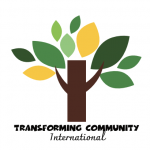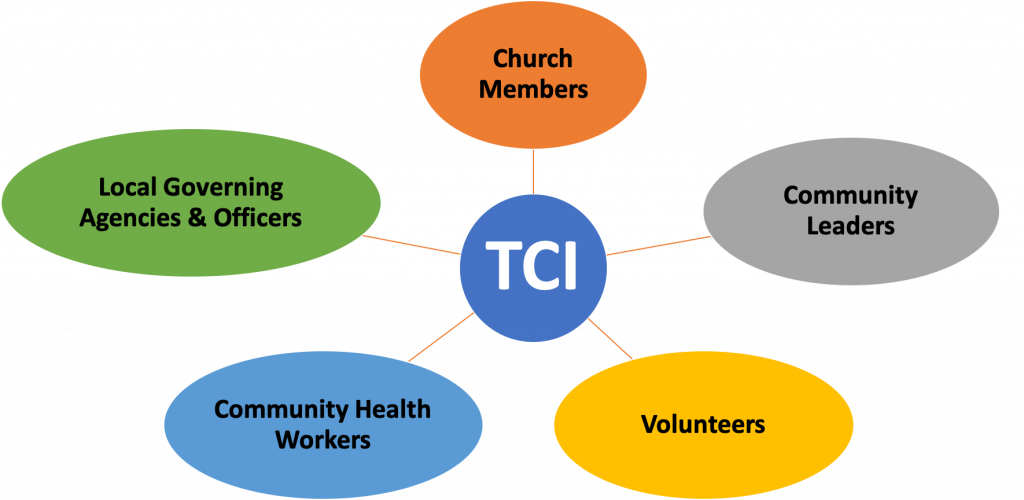
Mission Statement
Our mission is to empower individuals and communities to achieve optimal health and well-being through education, advocacy, and collaborative action. We strive to create environments that support healthy choices, reduce health disparities, and foster a culture of wellness for all.
We aim to comply with the second commandment, ‘Love your neighbor as yourself (Matt 22:39)’ which implies the essence of the law as loving God with all one’s heart, soul, and mind and loving one’s neighbor as oneself. It highlights the importance of showing compassion, kindness, and care towards individuals and communities, treating them with the same love and respect that one desires for oneself. We approach the definition of health in the Christian view as holistic, encompassing the well-being of the whole person—body, mind, and spirit—as well as their relationships with others and God.
Agenda
There is an increasing burden of non-communicable diseases (NCDs) such as cardiovascular diseases, diabetes, cancer, and respiratory diseases due to lifestyle changes, urbanization, and aging populations. NCDs have been recognized as a public health priority in all Member States of the Southeast Asia Region (WHO, 2013). Addressing these health issues typically involves government initiatives, international partnerships, and community-based interventions to improve healthcare infrastructure, promote health education, and implement preventive measures.
TCI commits to community engagement, particularly in health promotion for the Southeast Asia Region. It refers to involving and collaborating with individuals, groups, and organizations within a community to address issues, make decisions, and implement initiatives that affect them. It consists in building relationships, fostering trust, and empowering community members to actively identify needs, set priorities, and find solutions to local challenges.


